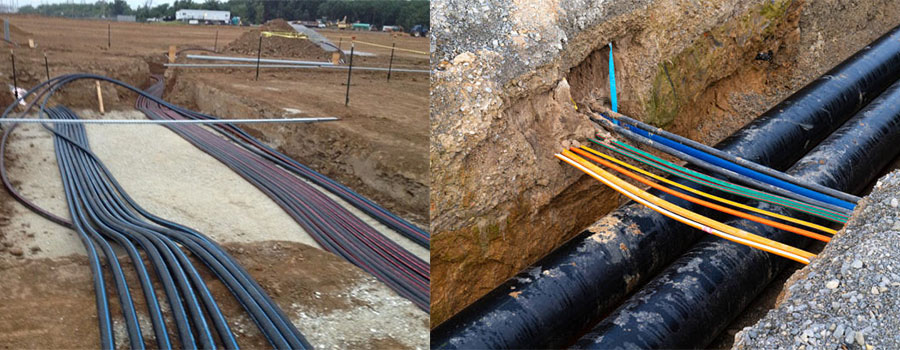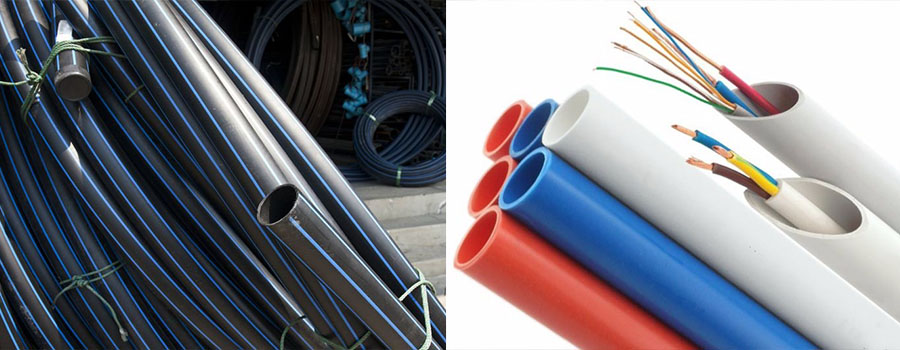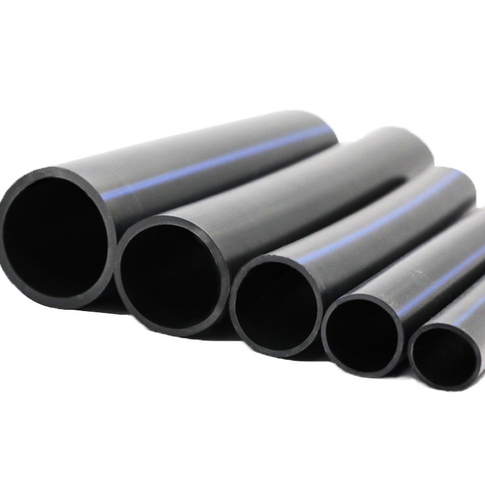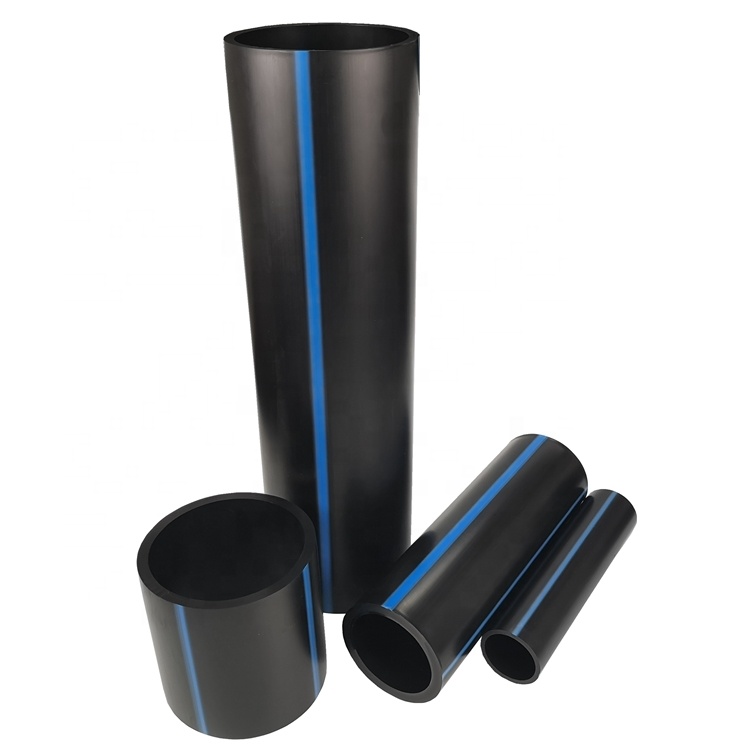10
Nov
HDPE Conduit Pipes: 5 Advantages in Electrical Work
Electrical conduit pipes are the backbone of modern electrical infrastructure. Among the various materials available, HDPE (High-Density Polyethylene) electrical conduit pipes have emerged as a top choice for electricians and contractors. Let’s explore the advantages of HDPE electrical conduit pipes and how they compare with traditional PVC counterparts.
HDPE Conduit Pipes: 5 Advantages in Electrical Work
Performance and Durability
HDPE electrical conduit pipes are known for their exceptional durability. They can withstand harsh environmental conditions such as corrosive soils and extreme temperatures, making them suitable for both above and below-ground installations. Their flexibility also means they are less likely to snap or break under pressure.
Safety and Reliability
Safety in electrical work is paramount. HDPE pipes are non-conductive and are resistant to heat, reducing the risk of overheating and fire. Their joint-free design minimizes the chances of electrical leakage, ensuring a safer and more reliable conduit system.
Installation Efficiency
HDPE pipes are lightweight and often come in longer lengths than PVC pipes, which means fewer joints and faster installation. Their flexibility allows for bending around obstacles without the need for additional fittings, further speeding up the installation process.
Environmental Impact
Sustainability is a growing concern in construction. HDPE electrical conduit pipes are environmentally friendly as they are made from recyclable materials. They also have a longer lifespan, reducing the need for frequent replacements and minimizing the environmental footprint.
Cost-Effectiveness
While the initial cost of HDPE pipes may be higher than PVC pipes, their longevity and reduced maintenance needs make them a more cost-effective solution in the long run.

Comparison with PVC Electrical Conduit Pipes
When it comes to comparing HDPE and PVC electrical conduit pipes, several factors come into play, such as impact resistance, flexibility, weight, and cost. Below is a comparison chart highlighting the key differences:
| Feature | HDPE Electrical Conduit Pipe | PVC Electrical Conduit Pipe |
| Impact Resistance | High | Moderate |
| Flexibility | High | Low |
| Weight | Lightweight | Heavier than HDPE |
| Installation Ease | Easier due to flexibility | More fittings needed |
| Cost Over Time | More cost-effective long-term | Less expensive initially |
In conclusion, HDPE electrical conduit pipes offer numerous advantages in terms of performance, safety, installation efficiency, environmental impact, and long-term cost-effectiveness. While PVC pipes have been the standard for many years, HDPE is becoming the material of choice for future-proofing electrical infrastructures.
[Reference article: HDPE Pipes vs PVC Pipes: A Comparative Analysis ]
Puhui can provide HDPE Electrical Conduit Pipe and PVC Electrical Conduit Pipe. If you have any question or inquiry ,please contact our team now!






